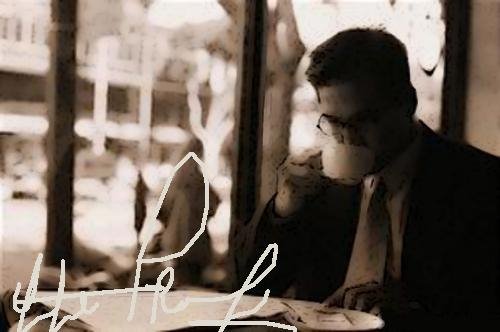
Do we read, or read those who have read?
Source & Secondary
I sometimes get stuck on the issue of Works, & Works of Works...i.e., Do we read the primary work, or do we read what someone else said about it?
In some cases, my thoughts are mixed: for instance, the Scriptures.
There can be no substitute for reading the real Thing. However, if we overlook the writings of our Fathers concerning the Scriptures, & ignore the creeds & catechisms which they drew from these Scriptures, we are full of vain ignorance, thinking that we have nothing to learn from the generations before us.
There was a reason each Council sat down & discussed an issue, or resolved a Heresy. If we would give heed to these men & their lives, we would do well.
However...
We do not say this to negate the importance of the original Author. In fact, while material may be read to suppliment the original piece, as I said before, they should not (usually) supercede the original.
In his essay, “On the Reading of Old Books” in God in the Dock, C. S. Lewis explains a phenomenon of material exchange, still prevalent today:
"I have found as a tutor in English Literature that if the average student wants to find out something about Platonism, the very last thing he thinks of doing is to take a translation of Plato off the library shelf and read the Symposium. He would rather read some dreary modern book ten times as long, about “isms” and influences and only once in twelve pages telling him what Plato actually said. The error is rather an amiable one, for it springs from humility. The student is half afraid to meet one of the great philosophers face to face. He feels himself inadequate and thinks he will not understand him. But if he only knew, the great man, just because of his greatness, is much more intelligible than his modern commentator. The simplest student will be able to understand, if not all, yet a very great deal of what Plato said; but hardly anyone can understand some modern books of Platonism. It has always therefore been one of my main endeavours as a teacher to persuade the young that first-hand knowledge is not only more worth acquiring than second-hand knowledge, but it is usually much easier and more delightful to acquire."
Good point.
Let us not forget what others might say about what we deem important. But let us also remember who said it first.

No comments:
Post a Comment